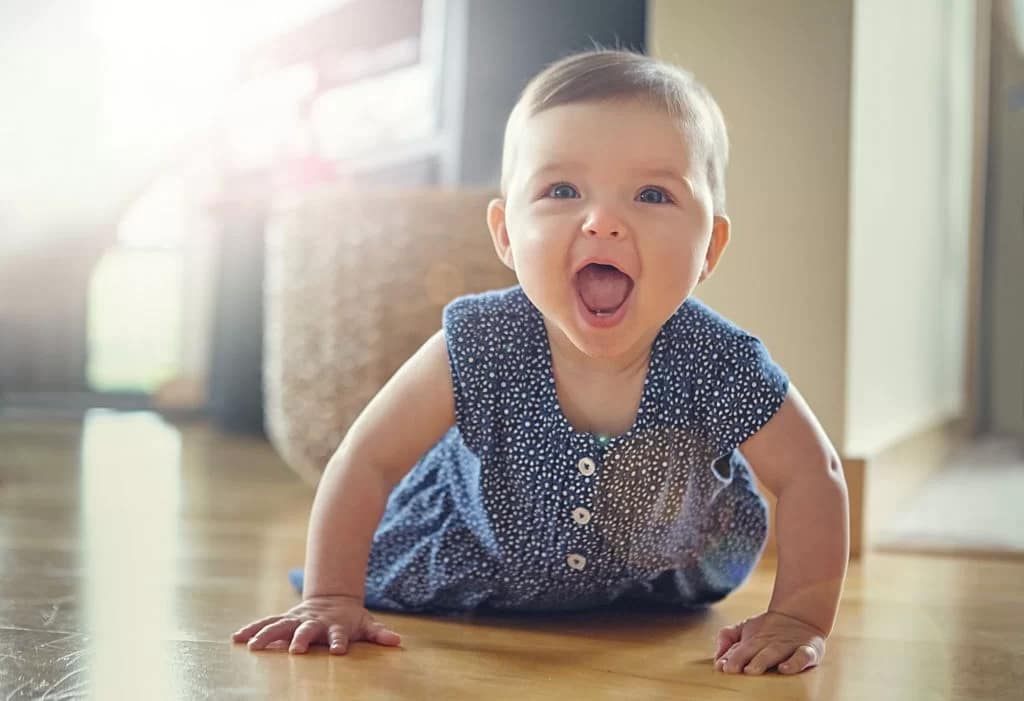When speaking to your child about their conception, the most crucial point is letting them know how deeply loved and wanted they are. An entire group of people came together to bring them into existence and your family!
Donor children are children conceived with IVF using donor eggs or donor embryos.
A genuinely delicate yet essential question for intended parents is: “how do I tell my child that they were conceived using a donor embryo or an egg donor?” Although IVF offers fantastic advantages, it’s also essential to address these reasonable concerns to help alleviate any fear or stress that intended parents may go through. This blog shares some helpful insights and tips for parents who have chosen to reveal the information to their children.
This Conversation is a Process, Not a One-Time Talk
Many child psychologists, recipient parents, fertility specialists, and donor-conceived children agree on the first piece of advice: talk to your child as early as doable. Research demonstrates that stress, depression, and anxiety levels are lower in families who choose early revealing.
By telling the truth to your child from an early age, you are creating a base to build the story with age-appropriate information as your kid grows. It is beneficial for both the parent and the child. The IVF story becomes a gradual process, organically unfolding over time instead of a formal announcement that may be shocking for the child and stressful for the parent. The aim of early unfolding is that a child should grow up not remembering a time when they didn’t know about their origins.
Interlacing the donor conception into their birth narrative typically isn’t a big deal for younger children, even more so when the parents don’t make it a big deal. Egg donor-conceived children that have always known claim that it simply became part of their self-identity. And, they still regarded that their parents were their parents, whether there was a genetic connection or not.
Incorporate Age-appropriate Honesty
Kids are very concrete thinkers. So, if you’re preparing yourself for early unfolding, keeping it simple for their little minds to comprehend works perfectly well!
For example, when your child is three or younger, the language can sound like this: “We tried so hard to have you. But, sometimes parents need a little help to make a baby. So, Daddy and Mommy received a special present from someone that helped us have you.” You can find resources on the Internet which break it down by age to help you decide what is developmentally suitable for your child.
The Donor is Unique, But They Are Not Daddy or Mommy
Language is vital, and specialists encourage intended parents not to underplay or overplay the role of the donor. You can call them either the “donor” or the “helper.”
It’s also critical not to underplay the role of the donor. When we are talking about an egg donor, she did contribute to half of your child’s genetic makeup or 100% in the case of an embryo donor couple. Although genetics is not everything, they are still significant. As your child starts to understand more about genetics, they will be able to comprehend how the contribution from their donor helped make them who they are today. Some parents feel that it is crucial to honor and recognize the donor for their generosity. However, it is possible to acknowledge that a donor is a real person and exceptional without compromising the critical and unique role you have as the parents.
Be Confident and Comfortable
It may be beneficial to casually bring up the donor here and there when you see an opportunity. For example, suppose your child is interested in singing. In that case, you can share that their donor was also a very talented singer! It is an exciting way to show your child that you are comfortable bringing it up. Therefore, they can also feel pleased to come to you if they have questions. An approach like this can help relieve any tension or nervousness surrounding the topic. It becomes normalized in your family, and your child knows that it is nothing to be ashamed of.
Your Donor Conceived Child is Your Child
Within donor-conceived families, you will notice kids having similar mannerisms to their parents, using similar phrases, and sharing many other similarities. We will not spiral too deep into the epigenetics and nature vs. nurture conversations. Instead, we will say this: your donor-conceived child is every bit your child, and they feel the same way.
We at Royal Surrogacy understand that some parents may fear that their children won’t feel as connected to them if they know that they aren’t genetically related. Fortunately, that is not the case! Many egg donation children comment on the love and connection with their parents, regardless of genetic linkage. By sharing the donor conception story with your child, you are ingraining into their identity just how wanted and loved they indeed are.





